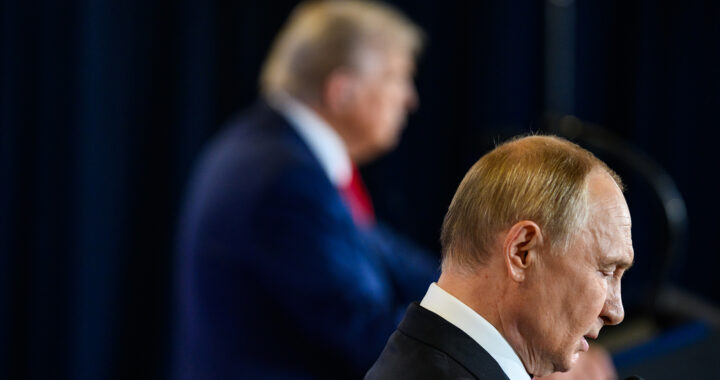Kurt Volker, who served as the United States Special Representative for Ukraine Negotiations under the first Trump administration, claimed that Russian President Vladimir Putin misled U.S. President Donald Trump about intentions to negotiate an end to the invasion of Ukraine. Volker discussed the matter in remarks reported by Euronews.
Volker said that on 19 August 2025, during a White House meeting involving Trump, Ukrainian President Volodymyr Zelenskyy, and several European officials, Trump announced that he would facilitate a meeting between Zelenskyy and Putin. According to Volker, Putin initially agreed to the proposal during a telephone call.
He explained that Putin later delayed or refused arrangements, leaving Trump without the promised diplomatic engagement. Volker asserted that the reversal made Trump appear weak because the earlier commitment was undermined when the Russian leader refused an encounter with the Ukrainian president despite earlier indications of willingness.
Volker linked the issue to current discussions in Washington about supplying long-range Tomahawk missiles to Ukraine. He argued that Trump may support such transfers to restore credibility and demonstrate strength after facing what he described as deceptive behavior from Putin during diplomatic overtures earlier in the year.
European leaders who attended the August 19 gathering have not publicly detailed their impressions of the meeting. However, diplomats in Brussels have noted growing concern that Moscow uses direct engagement with prominent political figures to delay negotiations while continuing military operations in eastern and southern Ukraine.
It is worth noting that Putin has warned that the provision of Tomahawks could damage bilateral relations and require United States personnel participation in Ukrainian strikes. The Institute for the Study of War assessed that such rhetoric sought to discourage Washington from authorizing deliveries by referencing perceived diplomatic consequences.
Context on Ukrainian military strategy appeared through descriptions of recent attacks on Russian energy infrastructure. Reports indicated that by late September 2025, approximately 40 percent of Russian refineries for petrol and diesel had been disrupted by several Ukrainian drone operations targeting 16 of 38 installations since August 2025.
